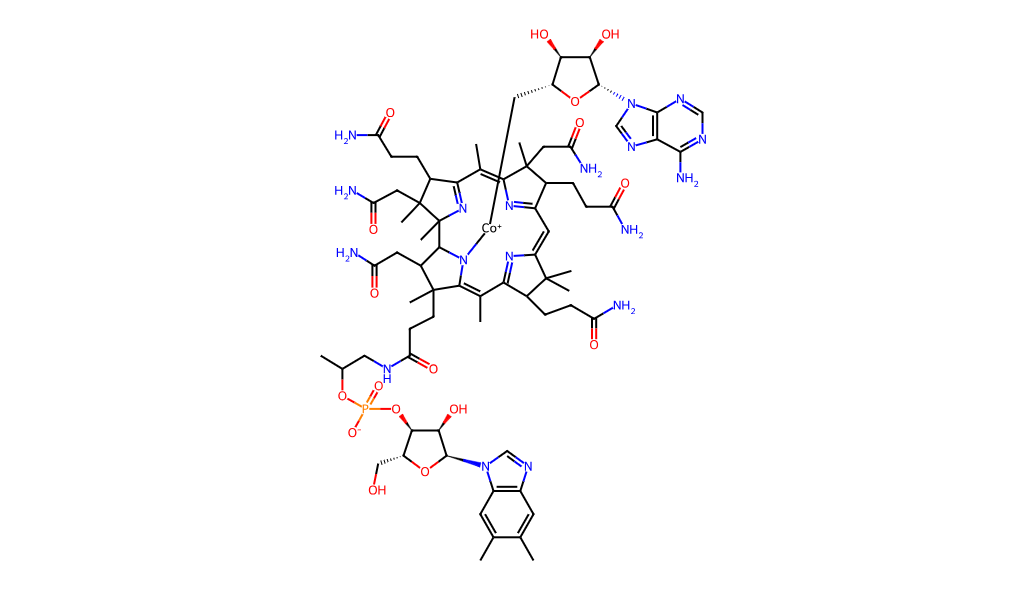- Synthetic anti-infective drugs
- Medications for the digestive system
- Antipyretic and analgesic drugs
- Medications for the blood system
- Medications for the respiratory system
- Anti-allergic drugs
- Medications for the urinary system
- Diagnostic medications
- Immunosuppressive and immunomodulatory drugs
- Vitamins and mineral supplements
- Antioxidants and medications for osteoporosis
- Antiparasitic drugs
- Ophthalmic medications
- Amino acids and their derivatives
- Dermatological medications
- Medications for the circulatory system
- Antitumor drugs
- Medications for the nervous system
- Hormonal and endocrine function-regulating drugs
- Antibiotics
- Others
CAS No.: 13870-90-1




Chemical Information
English Name: Coenzyme B12
Molecular Formula: C72H100CoN18O17P
Molecular Weight: 1579.608 g/mol
CAS Number: 13870-90-1
Pharmacological Actions
Enzyme Activation: Coenzyme B12 plays a critical role as a cofactor in enzymatic reactions. It is particularly important for the function of methylmalonyl-CoA mutase and L-methylmalonyl-CoA mutase in the conversion of L-methylmalonyl-CoA to succinyl-CoA, which is a crucial step in the metabolism of certain amino acids and fatty acids.
Nucleic Acid Synthesis: Coenzyme B12 is essential for DNA synthesis and the maintenance of normal cell division, as it contributes to the synthesis of nucleotides. This is particularly relevant in rapidly dividing cells such as those found in bone marrow and the gastrointestinal tract.
Red Blood Cell Formation: Coenzyme B12 is crucial for red blood cell formation. A deficiency in this coenzyme can lead to megaloblastic anemia, where the bone marrow produces unusually large, immature red blood cells that are not efficient in transporting oxygen.
Neurological Function: Adequate levels of coenzyme B12 are necessary for proper neurological function. Deficiency can result in neurological impairments such as peripheral neuropathy, memory loss, and cognitive disturbances due to its involvement in myelin sheath formation and maintenance.
Metabolic Functions: Coenzyme B12 is involved in the metabolism of proteins, fats, and carbohydrates. It aids in the conversion of homocysteine to methionine, a reaction that is important for maintaining low levels of homocysteine, which is associated with cardiovascular health risks when elevated.
Regulation of Homocysteine Levels: Through its role in the conversion of homocysteine to methionine, coenzyme B12 helps to manage and regulate homocysteine levels in the blood, thus contributing to cardiovascular health.

Tai Yau Street, San Po Kong, Kowloon, Hong Kong, China.



